[gtranslate]

This program is designed for those responsible for preparing / completing budgets for their departments, as well as those accountable for managing their organization’s budget process, but who have had no formal training or experience. It is very useful for managers and non-managers in any industry, from small to large companies / organizations, who need to keep a tight control on costs in a challenging business environment.
Successful budgeting skills are key for those who want to succeed in business, since budgets are related to a company’s strategic objectives, and help decide the overall direction. Getting budget numbers wrong can have severe consequences. But often, managers and others responsible for budgets are just assumed to understand how to budget, even though there are many aspects of budgeting that are not ‘intuitive’. Rather than learn by trial and error, after this program you can get your budgets right the first time!
This course introduces you to the basic knowledge necessary for proper budgeting, and then builds on that knowledge. Delegates will learn to develop practical budgeting skills, to enable them to meet senior management’s expectations, by consistently and continuously delivering operational objectives, while achieving financial performance goals.
Depending on delegate requirements, a short section on how budgeting for ‘non-profits’ is different to ‘for-profit’ budgeting, may be included.
This course is very interactive, so there are no long periods of dry lectures. Budgeting is explained in easy-to-understand language, and then reinforced with practical exercises and activities.
DAY ONE
DAY TWO
Before the course each delegate will be asked to complete a Pre-Course Briefing Form to determine their individual objectives for attending the course. These objectives will be used by the Tutor to give on-target training that is focused on the individual delegates.
At the end of the course each delegate will be asked to complete a Personal Development Plan that can be used as part of future appraisals, and that will also be an important tool for management reference.
Total Investment: AED 4,300/- + VAT, which includes – Training Materials, Lunch and Refreshments. Discount available for multiple bookings.
This program is designed for those responsible for preparing / completing budgets for their departments, as well as those accountable for managing their organization’s budget process, but who have had no formal training or experience. It is very useful for managers and non-managers in any industry, from small to large companies / organizations, who need to keep a tight control on costs in a challenging business environment.
Successful budgeting skills are key for those who want to succeed in business, since budgets are related to a company’s strategic objectives, and help decide the overall direction. Getting budget numbers wrong can have severe consequences. But often, managers and others responsible for budgets are just assumed to understand how to budget, even though there are many aspects of budgeting that are not ‘intuitive’. Rather than learn by trial and error, after this program you can get your budgets right the first time!
This course introduces you to the basic knowledge necessary for proper budgeting, and then builds on that knowledge. Delegates will learn to develop practical budgeting skills, to enable them to meet senior management’s expectations, by consistently and continuously delivering operational objectives, while achieving financial performance goals.
Depending on delegate requirements, a short section on how budgeting for ‘non-profits’ is different to ‘for-profit’ budgeting, may be included.
This course is very interactive, so there are no long periods of dry lectures. Budgeting is explained in easy-to-understand language, and then reinforced with practical exercises and activities.
DAY ONE
DAY TWO
Before the course each delegate will be asked to complete a Pre-Course Briefing Form to determine their individual objectives for attending the course. These objectives will be used by the Tutor to give on-target training that is focused on the individual delegates.
At the end of the course each delegate will be asked to complete a Personal Development Plan that can be used as part of future appraisals, and that will also be an important tool for management reference.
Total ONLINE Investment: AED 2,900/– + VAT

Tax Registration Number (TRN) 100044986600003 for VAT purposes in the UAE only